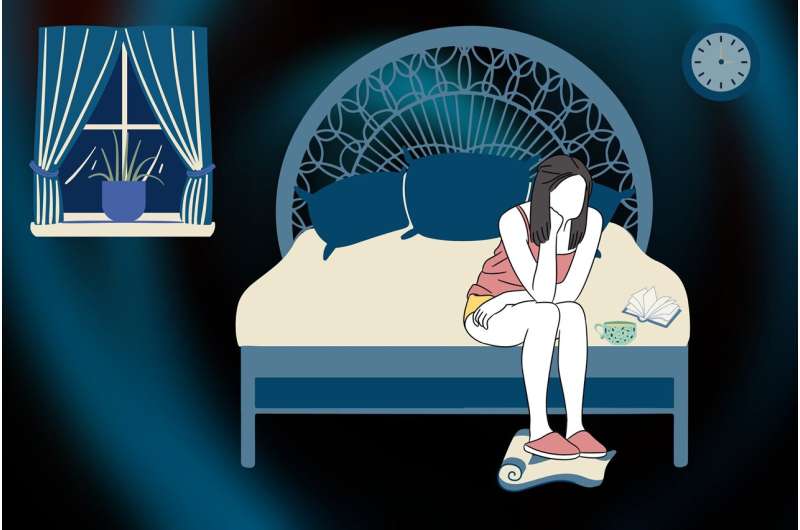Declining Childhood Vaccination Rates in South Florida: Who Is at Risk and What Are the Causes?

South Florida faces a significant decline in childhood vaccination rates, increasing the risk of preventable disease outbreaks. Learn about the causes, current statistics, and public health implications.
In 2025, South Florida is witnessing a concerning drop in childhood vaccination rates, particularly among kindergartners. Despite existing requirements, only 82.2% of children in Broward County received their necessary vaccines for the 2024–25 school year, marking the lowest immunization level in over a decade. Public health experts emphasize that such low coverage elevates the risk of preventable disease outbreaks, including measles, mumps, and polio.
The situation is compounded by growing vaccine hesitancy fueled by misinformation and distrust, especially after the COVID-19 pandemic. Many parents now question vaccine safety and efficacy, leading to an increase in exemptions. In Florida, vaccine exemptions among schoolchildren surpassed 6%, exceeding the national average, with some counties reporting exemption rates as high as 15%. This trend compromises herd immunity and poses risks not only to unvaccinated children but also to vulnerable populations such as immunocompromised individuals and older adults.
Recent outbreaks, like the measles spread at Manatee Bay Elementary in Weston, highlight the dangers of declining immunization rates. The outbreak involved over 30 children who lacked at least one dose of the measles vaccine, and the rise in measles cases nationally reflects this troubling trend.
Experts attribute low vaccination rates to several factors, primarily the impact of COVID-19 misinformation and safety concerns. Many parents seek more information and discussions about vaccines, and some pediatric practices are responding by requiring vaccination for continued care and encouraging vaccination schedules.
While vaccines carry a small risk of adverse effects, health professionals stress that the benefits far outweigh the risks. Diseases like polio and measles can cause severe lifelong disabilities or death. Increasing immunization coverage is essential to prevent the reemergence of these once-controlled diseases.
Overall, addressing vaccine skepticism, increasing public awareness, and maintaining high immunization rates are critical to protecting community health. Efforts from public health officials, healthcare providers, and communities are vital to reversing this decline and preventing future outbreaks.
Stay Updated with Mia's Feed
Get the latest health & wellness insights delivered straight to your inbox.
Related Articles
The Dangers of Drinking Bleach: From MMS to Aerobic Oxygen Supplements
Discover the serious health risks associated with drinking bleach and chlorine dioxide products marketed as wellness supplements. Learn why these dangerous trends pose life-threatening dangers rather than health benefits.
Innovative Non-Surgical Approach Boosts Survival Rates in Severe Low Blood Pressure Cases
A groundbreaking non-surgical approach at HonorHealth significantly improves survival for patients with severe cardiogenic shock, utilizing minimally invasive catheter therapies. Recent clinical trial results highlight high survival rates and future potential for broader application.



